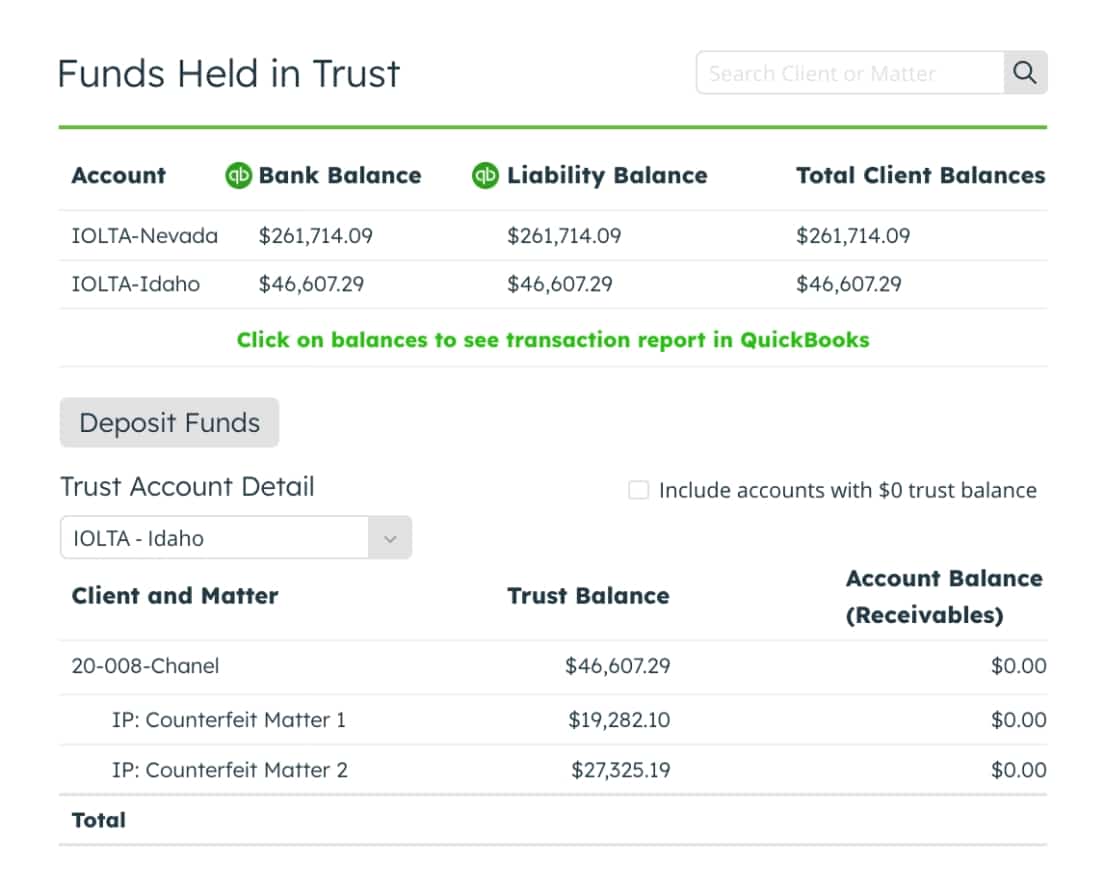
Are you tired of leaving money on the table due to inaccurate legal billing? As a legal professional, you know that billing accurately is critical to the success of your law practice.
But did you know that poor billing practices can not only hurt your bottom line but also damage your relationships with clients?

Key Takeaways
- Accurate law firm billing is one of the most important aspects of a law firm’s long-term success.
- Inaccuracies in legal billing is one of the biggest challenges a firm may face, and these inaccuracies can not only damage a firm’s reputation, but affect their client’s trust as well.
- Finding and implementing the best legal billing software doesn’t have to be hard, especially once you know what you’re looking for and why.
Accurate billing is not just about getting paid what you’re owed. It’s also about providing excellent client service, building trust with current and potential clients, and maintaining a positive reputation in your industry and community.
Accurate legal billing can make a difference in much more than just your bottom line.
Accurate legal billing is the bedrock of which every successful law firm is formed.
Let’s look more closely at the crucial role accurate legal billing plays in that success and how you can guarantee that it is done correctly and well for your firm.

The Impact of an Inaccurate Billing Process on a Law Firm
An inaccurate billing process can have an enormous impact on a law practice. Not only can it cause disputes with your clients and moments of lost trust, but it can also lead to negative consequences such as lost revenue and frustrated employees.
Billing inaccuracies have also led to problems with state bar associations if there has been reason to believe that an attorney or law firm has had knowledge of their inappropriate billing practices.
From basic human errors like billable hours being recorded incorrectly to basic clerical errors being made, mistakes can add up quickly, causing significant financial losses and relationship losses over time.
For instance, if a client disputes a billing charge and refuses to pay, it not only affects your bottom line but can also lead to damaged client relationships and a damaged reputation for your firm.
Not only that, but when billing is not done accurately, clients may feel like they are being taken advantage of or not being given a fully transparent representation of the work you are doing for them.
Don’t let inaccurate billing hold you back from the success you and your law firm deserve.
Why Setting Clear Billing Expectations Leads to More Profit and Professionalism
As a legal professional, you know that billing disputes can be a headache in more ways than one.
Having a valued client decide to dispute a specific charge has harmed many law firms reputations and has led to lost business. Even in today’s highly tech era, word of mouth is still a valuable asset for many legal practices, regardless of their size or location.
This is why it can be helpful to set realistic billing standards and expectations well before a new client asks to retain you for your legal services.

But how can you do this?
One way is to communicate your billing guidelines and expectations clearly to your clients, even before you start working on their cases. This can be done through simple and straightforward engagement letters and engagement agreements.
These types of documents should outline the scope of your work, the types of services you plan to provide, and a breakdown of how fees are billed.
They should also include billing terms and policies, such as the frequency of billing and how the payment process will be handled.
You can even include what types of options your firm has in place for billing clients (regular mail, email or through an online portal) and what types of payment method is acceptable (mail in checks, in person payments or an online payment system.)
By setting your billing and payment expectations up front, you can avoid misunderstandings down the road when you bill clients for services already rendered.
Clear expectations will almost always lead to better communication, less misunderstandings and an overall more positive relationship with all your clients.
Here is a good example of a situation where an engagement letter should set some clear expectations of your firm’s billing procedures:
Let’s say your firm is representing a new client in a litigation matter.
The engagement letter you send to this client should clearly specify what you will bill process is going to be, from the hourly fee that will be charged for any and all work done on the case, (including the billable hour fee for each legal professional working on the case) to how often the client will receive invoices.
It should also be made clear how you will be sending invoices and what options the client has for making payments.
If your firm has a late payments policy, this should clearly be laid out as well.
By drafting this type of engagement letter and making sure the client has no questions about any of the billing guidelines set forth, everyone will know what to expect and can plan accordingly.

Why Accurate Time Tracking and Expense Tracking is Crucial for Your Firm’s Success
Time is truly the most valuable commodity in the legal profession.
Almost everything that brings profit to a law firm is based on attorney time and tracking it accurately is a crucial component to a law practice’s success.
Not only that but tracking billable time also allows a practice to identify and address any inefficiencies that are taking place in the law office and make the necessary changes to get everyone back on track.
Yet, accurate time tracking still continues to be a significant concern for many legal practice managers. Finding the best system to track time and capture every minute of an attorney’s busy day can still be a challenge for many firms, even those with sophisticated time tracking systems in place.

Schedule a demo
One way to track your time accurately is to use legal billing software that is specifically designed for a law firm’s needs. LeanLaw has created the industry standard for the best time tracking platform that integrates with the rest of your practice management needs to provide you with the most innovative and accurate way to keep track of billable hours for everyone in your practice.
With LeanLaw, billable hours and rates can be adjusted with ease and when necessary and quickly automated into the workflow. It will also result in total transparency to your clients and make sure that their trust in you and your staff always stays high.

Why Improving Billing Efficiency Will Increase Your Staff’s Morale
We all know how critical correct billing is going to be to your firm.
That said, it can also be a time-consuming and tedious process for a staff that is already dealing with the high workflow demands of a busy law firm.
Finding the best legal staff is a process and once you have gone through the motions to recruit, train and retain them, you will want to work hard to do whatever possible to make their jobs as enjoyable as they are productive.
Having a legal billing system that is hard to manipulate or tends to cause lots of errors is going to be frustrating for your valued staff and lower their overall morale.
Implementing a legal billing software system like LeanLaw can greatly help with this. When you streamline and automate your billing workflow for your staff you will find that tasks like routine tasks like generating invoices, setting up payment plans or payment reminders, and tracking payments becomes work that no longer has to be directly managed by people who could be taking care of more intricate needs of your firm.
In addition to this, investing in LeanLaw legal billing software can also improve other aspects of your billing procedures. Billing software can help automate routine tasks, such as time tracking and expenses, generating invoices, and even managing trust accounts.
It can also provide real-time insights into billing data, allowing you to quickly identify potential issues and take corrective action as soon as a problem arises.
Overall, by implementing LeanLaw’s strategies, you can improve your billing efficiency and accuracy, reduce the risk of errors, and spend more time on delivering quality legal services to your clients.

Why Manual Billing Processes Are No Longer Working for Law Firms Today
Anyone who is still using manual legal billing entry examples is likely experiencing a number of challenges that are holding their practice back.
Manual billing processes are more than just time-consuming and error-prone. They ultimately will lead to delayed invoicing, possibly inaccurate billing, and ultimately lost revenue.
For some firms, there has been a hesitation to move toward legal billing software because of the cost or the complexity of the software platform.
Up until very recently, most law firms were told that their only real option for good practice billing software legal system would have to come in the form of an all-in-one legal practice management software system or even hiring a remote legal billing jobs specialist to handle the billing for you.
These types of systems integrate everything into one platform, making it difficult to pick and choose the different systems that work best for a specific practice.
Not only that, but they can be expensive and not viable for firms who are focused on their bottom line.
LeanLaw’s legal e-billing software is different.
Because of its “a la carte” approach, a law firm can choose to use LeanLaw for its billing and accounting purposes and still choose other platforms to round out its tech stack of needs.
Manual billing is no longer a part of a successful law firm’s resources. It’s time to embrace what a e billing legal software system like LeanLaw can do for you.
Why Creating a Great Tech Stack is More Possible with LeanLaw
As we now know, having the right e billing software legal for your practice is no longer an optional fun feature for a law firm to consider… easy legal billing software is now an essential tool that no law firm can fully function without.
Not only does billing software provide a way to track every attorney and support staff’s billable hours and expenses accurately, but it also allows for invoices to be generated quickly and efficiently, creating trust from your clients and less headaches for your valued staff.
Plus…the best legal billing software packages will also include other features, such as the ability to track and manage all of your trust accounts as well as provide your clients an optional online payment system, which will even further streamline every busy law firm’s operations. They should allow for accurate tracking of legal billing increments and many will also provide automated legal billing chart to visualize the work you do for your clients.
But the biggest question that most law firms face today regarding the billing process is whether or not they should consider using (or continue to use) an all-in-one law practice management software system or create their own tech stack from the resources they already have…plus some additional ones that will complement those to give them a fully-functional and customized tech stack that will work with and enhance every workflow area in their busy practice.
Though there is no official definition of the term “tech stack” when it comes to the practice of law, the term is best used to refer to the custom-created collection of technology that is needed to run a successful business.
What is legal practice management software and why wouldn’t it be the right fit for my practice? While there are many companies out there, like Clio Practice Management, Tabs3 software, Practice Panther, Centerbase Practice Management, Timesolv Legal, and Juris Legal software, just to name a few, all of which are offering a single solution to your law firm’s specific and changing needs. Instead of a software application that claims to be an “all-in-one” system, a tech stack that is custom-created will allow attorneys and their practice management teams to pick and choose what applications are best for them, then add and/or remove others as needed.

What Would an Ideal Tech Stack for a Legal Firm Look Like?
For most modern law firms, a tech stack will typically include several components that will help to streamline and automate various aspects of their practice.
Knowing what your firm’s key components are going to be will allow you to make a big difference in what you choose and how you decide to move forward.
Let’s look at some of the most common and important workflows needed in a legal practice today.
Document Management
Document management is always going to be a critical part of any law firm’s workflow.
Law firms deal with an enormous amount of documents on a daily basis, from contracts and court filings to legal briefs and client communications. Managing these documents manually can oftentimes be time-consuming for your staff and also lead to plenty of inefficiencies and mistakes.
Creating a good document management system is going to help law firms avoid human error and reduce the amount of staff hours needed to file and access documents. It will also improve collaboration and productivity among team members. By providing a centralized repository for all documents, team members can easily access and share information, reducing the time and effort needed to complete tasks.
Client and Contact Communication
Another obvious need for any sized law firm is going to be a reliable and secure way to communicate with their clients and other contacts on a regular basis as well as manage all those communications in a way that makes sense.
We all know that a big part of any attorney’s day is going to be spent communicating one way or another with their clients. Having a good management system for all that communication is going to be an important part of how efficiently a lawyer spends their day.
As with document management, most law offices already have a strong system in place for all of their communication tools. Knowing that you can most likely continue to use your preferred method in your customized tech stack will be a huge bonus as well as an added relief to a law office’s staff who already has a strong knowledge of their current communication options.
Case Management
Keeping your documents safe and organized is important, as is making sure you have an effective way to communicate with your clients.
But both of these are only a couple of the aspects of the overall need for strong case management for your firm.
Case management is the overall process by which a law firm manages all the various aspects of a legal case from start to finish.
Schedule a demo
Not only does it involve collecting, retaining, and storing documents and client communications, but it also involves organizing and tracking other types of information that are related to a case, such as testimonies, legal filings, deadlines, and communications with other individuals or organizations that are involved in the case.
Case management is critical for law firms because it helps ensure that all aspects of a case are managed efficiently, and that nothing falls through the cracks. This is particularly important in complex cases where multiple attorneys, paralegals, and support staff may be working on different aspects of the case.
Once again, being able to use your office’s current suite of electronic management tools for all your case management needs is a strong option, depending on what types of applications you already have in place.
Accounting Needs
No one who is tasked with operating a successful legal practice is going to argue against the fact that any comprehensive tech stack is going to need to include accounting software.
But, perhaps the biggest difference between the right accounting software and some of the other pieces of your tech stack is this:
While many of the other operational needs of a law firm can be completed with tools that you probably already have in place, a legal firm’s accounting needs are going to be highly specialized and specific to the practice of law.
This is why accounting practice management software designed primarily for business accounting that has simply been modified for law firms, like Quickbooks Law Firm, may not have all the features your firm needs. For example, the ability to send, receive and retain emails can usually be done by a law firm the same way it is done by another business of similar size. While some firms may find it easier to expand their staff with remote legal billing jobs, many firms will want to minimize the workload as much as possible for their existing team.
Both will want to make sure that their email server is secure, that the emails are being delivered properly, and that there is a system in place to store and organize emails as needed.

But…a law firm’s billing and payment process is going to oftentimes be significantly different than a business in a different industry.
Law firms of all sizes have unique and sometimes complex billing needs, from additional legal requirements to matter based accounting needs, but that doesn’t mean your software has to be complicated as well. The best legal billing software is also often simple legal billing software to use.
Even solo practitioners and small firms have to track time, bill appropriately and account for retainers while also continuing to comply with strict legal billing jobs guidelines and ethical requirements.
Schedule a demo
For these reasons and more, most law firms will find that one of the most unique aspects of their tech stack will have to be the billing software they choose.
Whereas many different platforms can be used to manage documents, create and respond to emails and keep cases organized, the accounting needs of a law firm are going to be much more specific and complex than what a traditional billing software system can offer.
And this is where a company like LeanLaw can step in.

LeanLaw: The Crucial Piece to Your Firm’s Best Tech Stack
Accurate billing is essential for the success of your law practice.
LeanLaw is a company that was founded by legal professionals for legal professionals who were tired of software that claimed to be “all-in-one” practice management systems that often fell short of what it promised.
And – they were frustrated with the complexity of these practice management solution systems when they knew there were simpler and more straightforward ways to approach many of the daily tasks that a law firm has to address every day.
If you want to see what LeanLaw can do for your practice today and into the future, reach out to us for a free demo. Let LeanLaw show you how to continue to make sure that your legal billing methods are adapting to the times.





